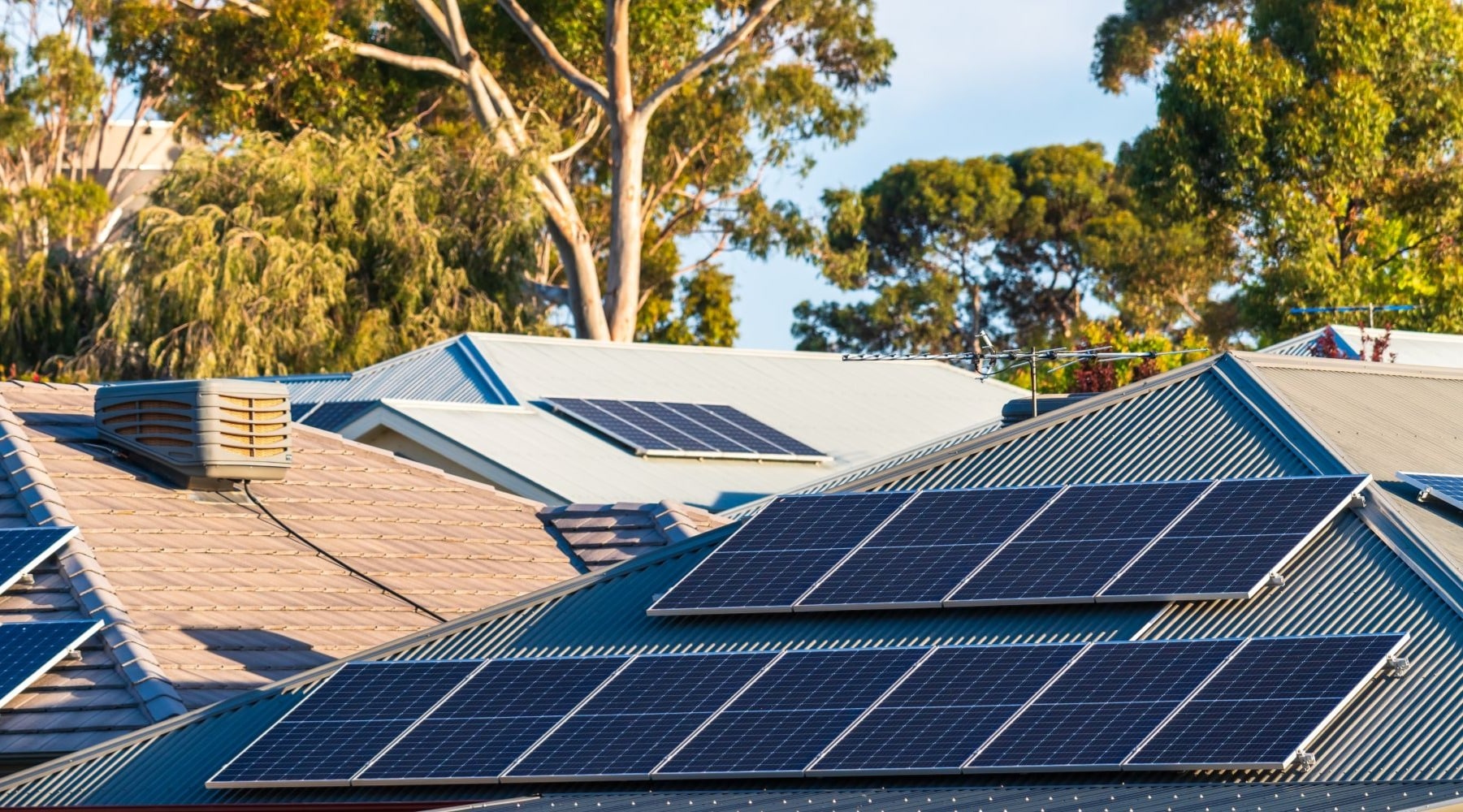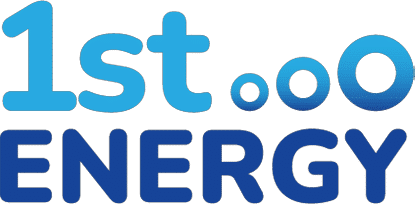


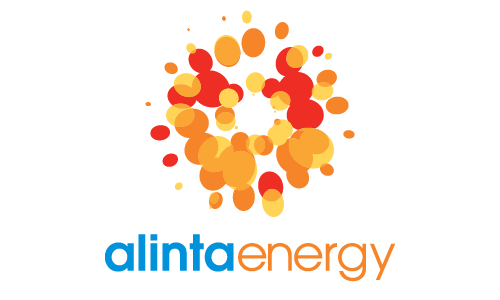



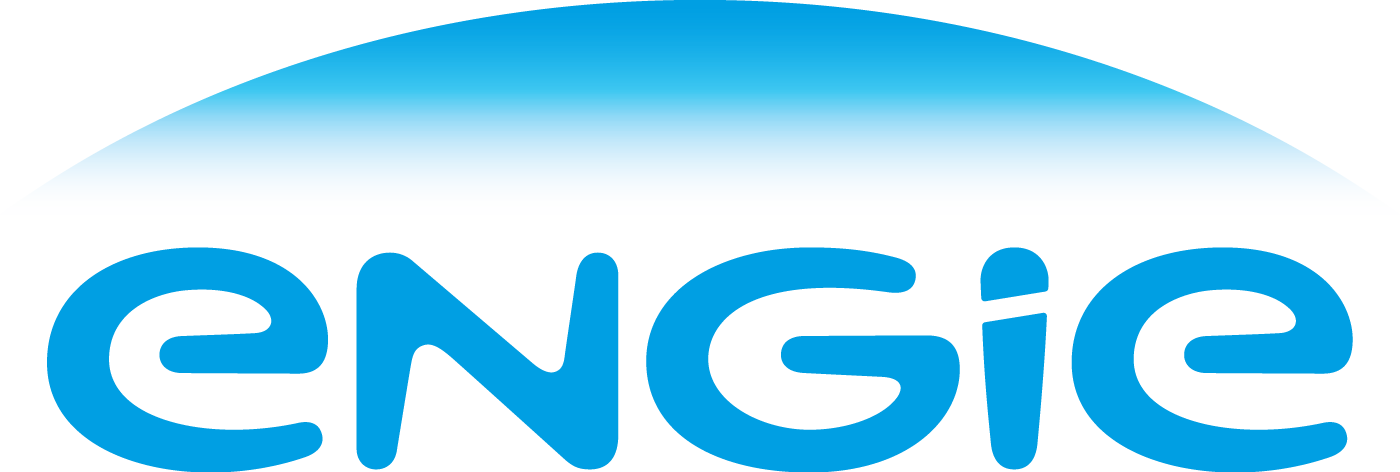


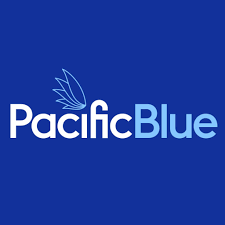



We’ve partnered with Econnex to bring you a range of energy plans to help you compare them.
Looking to compare energy plans in Western Australia? With the rising costs of electricity and gas, it's important to find an energy plan that comfortably suits your needs and budget. Whether you're a homeowner or a business owner, exploring different options can potentially help you save money and make an informed decision.
Why compare energy plans through Savvy?
You won't need to pay a cent to compare a variety of energy plans online through Savvy, as it's 100% free.
By filling out your form and providing a recent energy bill, you can have all the facts and figures worked out for you.
When you fill out your quote, you'll be able to consider offers from some of the leading energy providers in Australia.
How does the energy system operate in Western Australia?
The energy system in WA is more complicated than in other states. As the electricity network is regulated by the State Government, many WA residents may not have a choice of electricity provider. However, there are possibilities to switch gas providers in some circumstances, depending on where you live in WA.
Electricity supply in WA
In Western Australia, the ownership and operation of the major electricity networks is divided between two entities, both owned by the Western Australian Government. As WA is a regulated market, there is little variation in the price of electricity, which is set by the State Government.
Western Power
Western Power is responsible for managing the transmission and distribution systems within the South West Interconnected System (SWIS), which is the largest electricity network in Western Australia. The SWIS boundary spans from Kalbarri in the north to Albany in the south and Kalgoorlie in the east.
While Western Power distributes the electricity within the SWIS, the main retailer is Synergy, which is the only retailer permitted to supply electricity to residential and small-use business customers in the SWIS area.
Horizon Power
Horizon Power, on the other hand, operates the North West Interconnected System (NWIS) in the Pilbara region, as well as the smaller Esperance network. Additionally, Horizon Power manages over 30 separate smaller networks serving various regional towns and remote communities.
Horizon Power is the electricity retailer for most customers connected to its network, while Alinta Energy supplies a small number of large-use customers on its transmission network.
Together these entities are responsible for ensuring the reliable supply of electricity throughout Western Australia, catering to both urban and regional areas.
Gas supply in WA
Unlike the electricity supply, WA’s gas market is deregulated, meaning that private gas companies can offer market contracts to supply gas to retail customers. However, in areas around Perth, Albany, Geraldton and Kalgoorlie, there is a gas price cap on what providers can charge customers. This price cap is set by the WA State Government.
How do I compare electricity plans in Western Australia?
Although most residents in WA aren’t able to choose their electricity retailer, they do have a choice of different types of energy plans, offering different tariffs. These are the three main types of electricity tariffs available in Western Australia, offered by Synergy and Horizon:
- Single rate tariff: with this tariff, you pay a daily supply charge and a fixed price per kilowatt-hour (kWh) of electricity you use. It doesn't matter what time of day you consume electricity; the cost remains the same.
- Time-of-use tariff: under this tariff, you pay a daily supply charge and different prices per kWh based on peak, off-peak, and super-off-peak times during the day. Synergy is the provider offering this tariff.
- Combined tariff: this tariff is suitable for individuals who live and operate a business from the same address. It involves a daily supply charge and usage charges based on stepped rates. The stepped rates mean you pay different amounts depending on the number of units of electricity you consume. Both Synergy and Horizon offer this tariff option.
What options do I have for electricity plans in Perth and WA?
In the south and eastern regions of Western Australia, Synergy is the electricity provider. They offer three plan options:
- Home Plan (A1): this is a single rate tariff plan where you pay a consistent price for the electricity you consume.
- Midday Saver: this is a time of use tariff plan, which means the price per kilowatt-hour varies depending on peak, off-peak, and super-off-peak times during the day.
- Home Business Plan (K1): this is a combined/stepped usage tariff suitable for those who operate a business from their residential address. The price per unit of electricity varies based on consumption levels.
In regional areas of Western Australia, Horizon Power is the electricity provider. They offer three tariff options:
- Residential (A2) plan: this is a single rate tariff where you pay a consistent price for your electricity usage.
- Combined use plan (K2): this is a combined/stepped usage tariff that involves paying different rates based on the number of units of electricity consumed.
- Prepaid Power: this unique plan allows you to pay for your energy costs in advance and share the expenses with other householders.
* All information is current as of June 2023, but subject to change.
How do I compare gas plans in WA?
To compare gas plans in Western Australia (WA), follow these steps:
- Research gas retailers through Savvy: Start by researching different gas retail plans in WA using Savvy’s free online comparison service.
- Compare the pricing: Compare the pricing structures of different gas plans. Look for competitive rates that fit your budget and offer potential savings compared to standard offers.
- Consider contract terms: Review the contract terms, including the length of the agreement, any exit fees or penalties for early termination, and the flexibility to switch plans if needed.
- Evaluate discounts and incentives: Check if there are any discounts, incentives, or bonus offers available with the gas plans. These may include pay-on-time discounts, direct debit discounts, or rewards programs that can help reduce your overall gas costs.
- Consider green gas options: If you're interested in environmentally friendly options, check if the gas plans offer green energy alternatives or options to offset your carbon footprint.
By carefully comparing gas plans based on these factors, you can make an informed decision and choose a gas plan in WA that best suits your needs and preferences.
Who are the energy distributors in WA?
Electricity
Electricity in WA is distributed by two power companies, Western Power and Horizon Power, both owned by the State Government.
Gas
ATCO Gas owns and operates WA’s largest natural gas distribution network. It delivers gas to more than 780,000 home and businesses in Perth, Kalgoorlie, Geraldton and the south west through more than 14,000km of gas pipelines.
Who are the energy retailers in Queensland for residential customers?
Electricity
The electricity retailers in WA are:
- Synergy
- Horizon Power
Gas
The gas retailers in WA are:
- AGL
- Alinta Energy
- Kleenheat Gas
- Origin Energy
- Perth Energy
- Simply Energy
What help is available from the Western Australian Government with power bills?
Household Electricity Credit
The Western Australian Government provides several forms of assistance to help with power bills. One of these is the Household Electricity Credit, which is designed to support eligible Western Australians with the cost of electricity.
Who is eligible for the Household Electricity Credit?
All households in WA are eligible for a minimum $400 household electricity credit as part of the 2023-24 WA State Budget. The credit will automatically be applied to every household in the state in the July/August and November/December 2023 billing cycles.
Energy Assistance Payment
The Energy Assistance Payment is a cash rebate from the State Government which is credited to eligible electricity accounts in regular payments across the year. It has been increased to $326 for the 2023-24 financial year.
Those who are in receipt of the Energy Assistance Payment will also receive a $500 credit on their electricity bills, split over two payments in the July/August 2023 and November/December 2023 billing cycles.
Eligibility for the Energy Assistance Payment
To receive the Energy Assistance Payment, a member of the household must be an eligible concession card holder, which includes:
- Pensioner concession cards
- Commonwealth Health Care Card
- Commonwealth Seniors Health Card
- Department of Veterans' Affairs Gold Card
Energy Concession Extension Scheme
This scheme applies to those people living in retirement villages, apartment buildings and caravan parks as long-stay residents. It also applies to households that receive their electricity from a retailer other than Synergy or Horizon Power. The scheme consists of:
- Energy Assistance Payment – $326 as from 1 July 2023
- Dependent Child Rebate – $334.77 for one child and $87.72 for each additional child per year
- Air Conditioning Rebate – for those who live in locations north of the 26th Parallel of South Latitude and/or north of the 50-day Relative Strain Index line – $66.68 per month.
Eligibility for the Energy Concession Extension Scheme
To be eligible, you must reside in the home, cannot be directly billed by Synergy or Horizon Power, and must hold one of the following concession cards:
- Pensioner Concession Card
- Commonwealth Health Care Card
- Commonwealth Seniors Health Card
- Department of Veterans’ Affairs Gold Card.
You are not eligible for the EAP if you hold only a WA Seniors Card.
types of energy plans
How to switch energy providers through Savvy
First and foremost, you can start by filling out a quote with information about you and your energy profile, such as where you live, your overall usage and more.
With the information in your form and a recent energy bill, you’ll be able to compare deals from a panel of leading energy providers based on a variety of important factors.
If you find an energy deal you’re happy with, you can go ahead and make the switch to a new plan or provider. This will be prepared and handled for you and can be completed in 24 to 48 hours.
More of your questions about energy plans in WA
Yes – it is possible to get a feed-in credit for electricity you generate with installed solar panels in WA. The WA Government offers the Distributed Energy Buyback Scheme which provides a buyback rate for any excess energy generated by your household solar system.
If you live in Perth, you have a choice between two plans from Synergy, including the Home Plan, offering a single rate tariff, and a Midday Saver time-of-use plan. The time-of-use plan offers a different tariff for peak, off-peak and super off-peak electricity usage.
Synergy’s super off-peak time is 9:00am to 3:00pm. Peak time is from 3pm to 9pm. Off peak time is from 9:00pm to 9:00am.
Supply charges for electricity in WA are based on a daily rate, and will depend on which plan you’ve selected for your home. Supply charges range from around 107c per day up to 190c per day, depending on your particular plan.
*Information is correct as of June 2023 but subject to change
A contestable customer is a high-use customer who uses more than 50MWh of electricity a year. This equates to a power bill of over $15,000 a year. If you are a contestable customer, you may have the opportunity to choose your electricity retailer under an individual electricity plan. However, most households and small businesses in WA are not contestable customers, and do not have a contestable meter, so they may have no choice about their electricity supplier.
Helpful guides on energy plans
Compare energy plans today
Disclaimer:
Savvy is partnered with Econnex Comparison (CIMET Sales Pty Ltd, ABN 72 620 395 726) to provide readers with a variety of energy plans to compare. We do not compare all retailers in the market, or all plans offered by all retailers. Savvy earns a commission from Econnex each time a customer buys an energy plan via our website. We don’t arrange for products to be purchased directly, as all purchases are conducted via Econnex.
Any advice presented above is general in nature and doesn’t consider your personal or business objectives, needs or finances. It’s always important to consider whether advice is suitable for you before purchasing an energy plan. For further information on the variety of energy plans compared by Econnex, or how their business works, you can visit their website.





